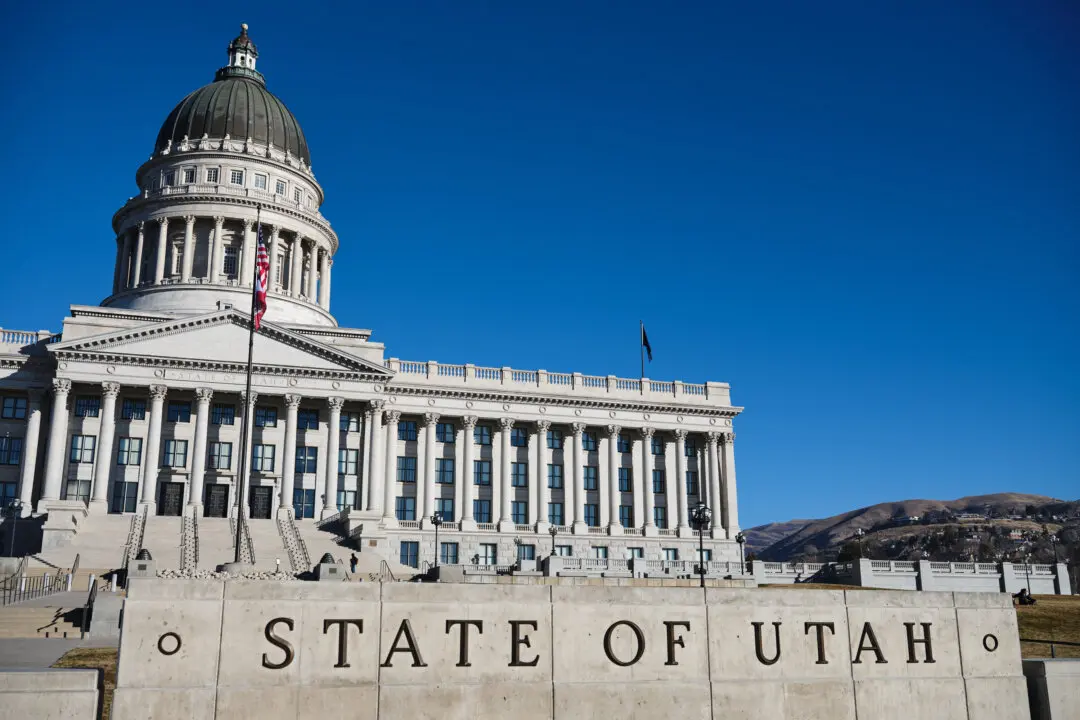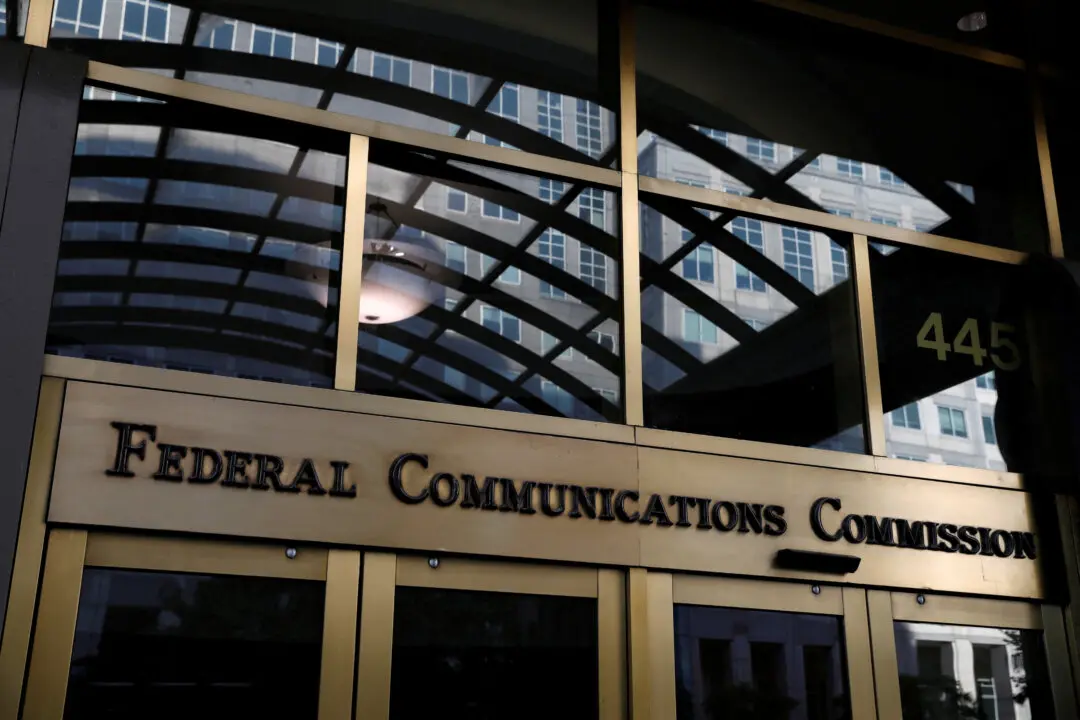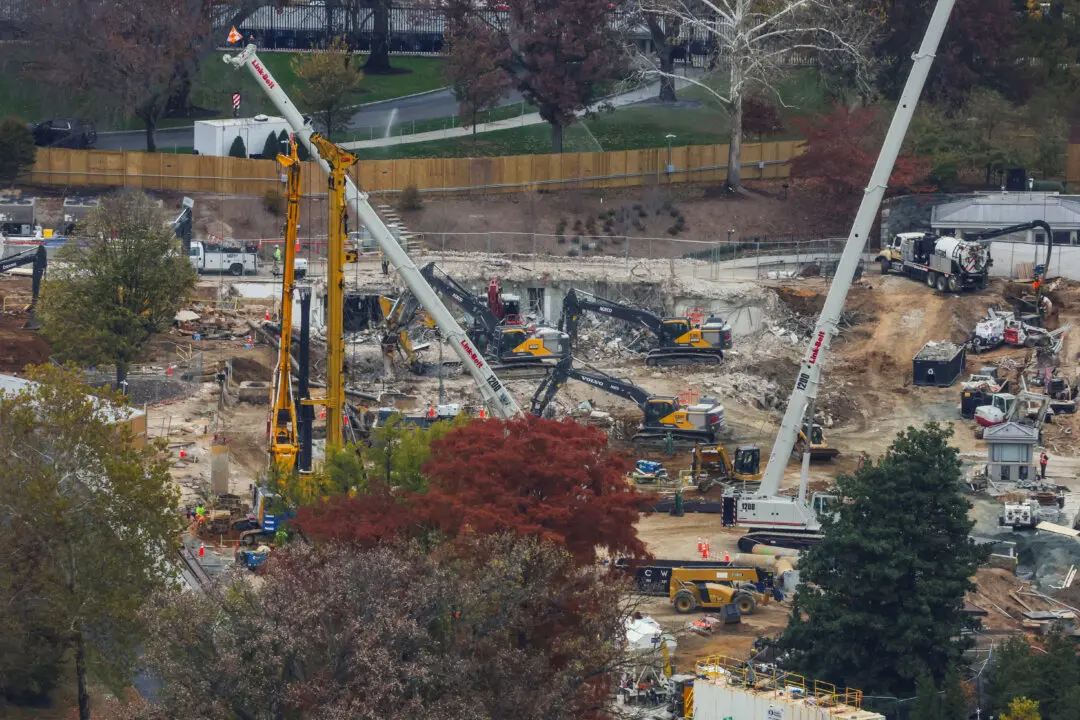The U.S. House passed a disapproval resolution on April 19 to block the District of Columbia’s Comprehensive Policing and Justice Reform Amendment Act of 2022.
The vote was 229–189. Fourteen Democrats joined all 215 Republicans in voting for the resolution. The resolution is unlikely to advance in the Democratic-led Senate.





